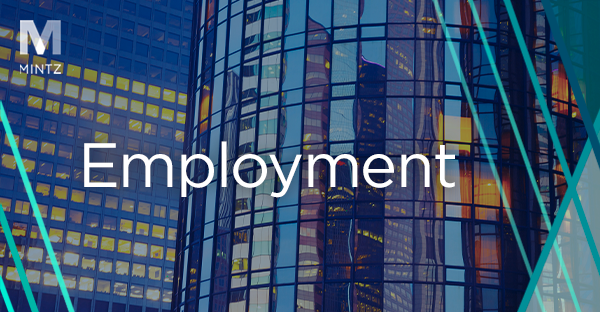No Grace Period: EEO-1 Reporting Deadline Set for June 24, 2025
If your company is required to submit a federal EEO-1 report, you have until June 24, 2025 at 11:00 p.m. ET to file it online. The EEOC has already indicated there will be no grace period.
Employers with 100 or more employees and federal contractors with 50 or more employees must submit EEO-1 reports to the EEOC on an annual basis. The EEO-1 report solicits a breakdown of employees by sex and race or ethnicity and by job category, which means that employers, in turn, must have collected (typically through voluntary self-identification forms) and organized this data in advance. In short, do not wait any longer. If not yet initiated or completed, all covered employers should begin the process now.
The EEO-1 filing deadline has always been a moving target; there is no set date each year. However, in prior years, the EEOC published a filing deadline and a late filing deadline which effectively offered employers a grace period. This year, the EEOC announced the filing deadline but this time, there will be no grace period. Employers who fail to submit by June 24, 2025 will be out of compliance.
The reporting requirements themselves also deviate from prior years’ requirements in one significant way. This year’s EEO-1 data collection process will only allow employers to report their employees’ sex as “male” or “female,” removing any “other” or “nonbinary” option – likely a direct result of the Gender Ideology Executive Order (which we discuss in more detail here).
To reiterate, eligible employers must file their EEO-1 reports through the EEO-1 Component 1 website by 11:00pm Eastern Time on Tuesday, June 24, 2025. The Mintz Employment team is available to help should you have any questions or concerns about fulfilling your company’s EEO-1 obligations.
Authors
Natalie C. Groot
Member
Nikki M. Rivers
Member




